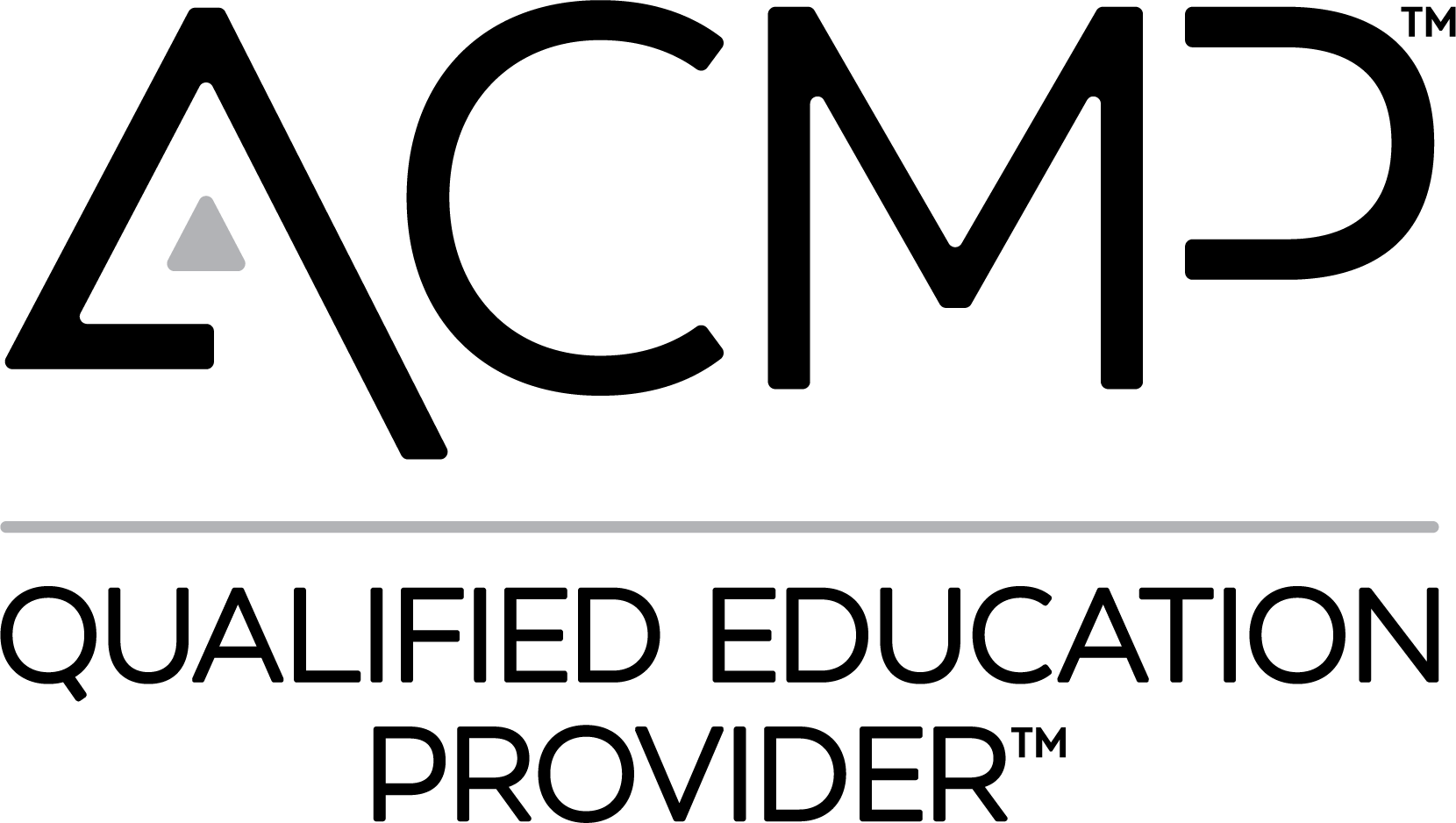Think of January when we discussed setting intentions instead of goals. How has the learning process been in the past six months on developing and following through with your intentions? Intent, according to Meirriam-Webster, is a defined purpose or plan. In Stephen M.R. Covey’s The Speed of Trust, the first wave of trust is self-trust. He notes that self-trust is the alignment of integrity, intent, capabilities, and results that make you believable to yourself and others. Covey divides intent into motive, agenda, and behavior. There is a large body of research about setting intentions, having intent, and what it means to do both. Review the quotes below from notable executives, academics, writers, and social leaders:
“You are unique, and if that is not fulfilled, then something has been lost.”
-Martha Graham
“There are no more shortcuts in the game of business–or life. There are three kinds of people: the unsuccessful, the temporarily successful, and those who become and remain successful. The difference is character.”
-Jon Huntsman, Huntsman Chemical
“There is no rule more invariable than that we are paid for our suspicions by finding what we expected.”
-Henry David Thoreau
“I look for three things when hiring people. The first is personal integrity, the second is intelligence, and the third is a high energy level. But, if you don’t have the first, the other two will kill you.”
-Warren Buffet
“Mistrust doubles the cost of doing business.”
-John Whitney, Retired Professor of Columbia Business School
“My life is an indivisible whole, and all my activities run into one another…My life is a message.”
-Mahatma Gandhi
“Few things can help an individual more than to place responsibility on him, and to let him know that you trust him.”
-Booker T Washington
Though relative to the author’s profession, each quote surpasses their field and collides at the heart of where intentions and trust begin. I want you to note how your life runs so much deeper than a series of setting intentions and following through. Each of these quotes, spanning generations, and political, economic, and social movements, touch on the concept of how critical your trust– to others, from others, and with yourself– and continued deposit into the bank of propriety for the life you choose to lead. By doing this “simple” act, you create a constant calibration of acting in a way aligned with your intent. You develop the commensurate self-trust that only spawns from a conscious practice of repeated self-assessment to live a life of which you can be proud.
Here’s the crux: if you don’t trust yourself to follow through, you are less likely to get started. If you don’t trust others to follow through, especially when the going gets tough, you are less likely to support their learning process through growth and failure. Whether you believe trust is built over time or inherent and only to be lost, trusting that you will follow through and do what you say you will do is an absolute necessity for setting realistic intentions. As in many things, the only way to get better at something is to practice it. You simply must work to build trust with yourself first by demonstrating you will hold commitments with yourself.
Has the procrastination bug bitten you? You are not alone. Victor Hugo, the famed author of the Hunchback of Notre Dame, was a notorious procrastinator. After a year of pursuing anything but his publisher’s deadline, asked to have his clothes locked away from him, and only once rendered incapable of presenting himself in public, he got to work on completing the novel two weeks before his imposed deadline. Leonardo da Vinci was a prolific procrastinator, often threatened by bankruptcy to finish commission pieces. Many of the artist's work remains unfinished today, largely due to procrastination and lack of focus. The difficulty associated with self-discipline and procrastination is so timeless that ancient philosophers had a specific word for it. Aristotle and Socrates called it Akrasia - the state of acting against your better judgment, of doing one thing when you know you should be doing something else. In either case, Akrasia prevents you from following through, according to 2,000-year-old philosophers.
One theory of why Akrasia is so prevalent, regardless of discipline and practice, is time inconsistency. This behavioral economics term refers to how the human brain and our decision-making favor immediate or short-term gratification over delayed reward. When you set intentions, you think about the future or a future state. When it comes time to follow through, however, especially if the intention means adding or subtracting habits from your daily life, you are no longer deciding about your future, but the right now you. You are now in the moment, not in the future; your brain is thinking about immediate needs, valuing the present over the future.
Perhaps this is why the ability to delay gratification is such a big predictor of success later in life. Delaying rewards, at least occasionally, can have some really big benefits down the road and help you practice more intentional decision-making for the greater good of your long-term goals. Setting and following through with actions in line with your intentions is a practice that, if unrehearsed, will feel unfamiliar and unfocused. Aristotle also coined the antonym to Akrasia – Enkrateia – meaning in power over oneself. That’s the beauty in this skill; you can improve!
Are you determined to shake procrastination and keep your eye on the (long-term) prize? Studies show you can work to overcome and increase your appetite for delayed gratification leading to following through and achieving greater rewards of growth.
Set a Commitment Device
Commitment devices are the bumpers in bumper bowling that allow your bowling ball intention to travel down the lane without abruptly crashing into the gutter and feeling a sense of loss. Want to reduce junk food intake late at night? Don’t keep it in the house. Want to avoid looking at devices and screens while in bed? Move chargers to a different floor or room (or corner in a studio apartment) to make it a chore to access from your bed. Find a way to influence your future decisions in your unique way relative to the habit change you seek. Either way, commitment devices can help you be the architect of your future self through actions.
Set Parameters
Countless studies have revealed when you set an intention implementation rubric; you are 2-3x more likely to follow through in the future. An intention implementation looks like this, “I will go for a walk on Monday, Wednesday, and Friday for 30 minutes on my lunch hour starting Monday, June 27th.” (I will do a SPECIFIC TASK, on DATE, in PLACE at TIME). Implementation intentions help you create a tangible roadmap for accomplishing tasks in the future. When spoken aloud, written down, and shared with others, you can level up your bumpers of accountability, allowing a meeting date with others, perhaps as a commitment device, too.
Think Bite-Sized
Start comically small. What is the smallest intentional win you can give yourself along the way to future larger intentions? Feed your natural instant gratification-seeking brain by setting up small checkpoints that you KNOW will be easy but also are steps toward larger, delayed rewards and growth. Momentum, motivation, and inertia are similar in that they all require movement to kick into effect. It’s not the moving while moving that’s hard; it’s getting started. The friction that shows up and prevents you from getting started is often the most difficult to overcome. That's why getting started and allowing momentum to kick in without judgment can help you increase your friction tolerance. Put your effort into starting small and often, without worry over what the results look like, and before you know it, all your bite-sized actions amount to a big future.











